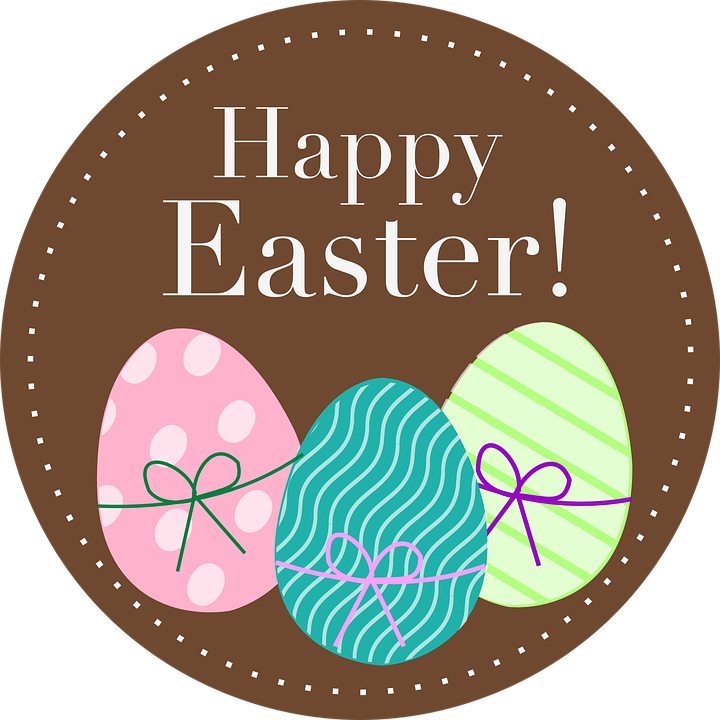Hello everyone!
Happy spring! It seems like yesterday that we said Happy new Year and we’ve almost finished the second term, which means that the summer one is round the corner, with all the exciting news that comes with it! 😀
As you may know, and may have been expecting, today we’re going to see Inversions in Conditional sentences but, first, let’s take a look at the answers for the exercises suggested in our last post (if you missed it you can check it out here).
1.I rarely buy tomatoes because I don’t like them
Rarely DO I BUY TOMATOES because I don’t like them
2. I went to the supermarket and I bought pears and bananas
Not only DID I BUY PEARS when I went to the supermarket, but also bananas
3. It’s the first time that Susan and James go skiing
Never HAVE SUSAN AND JAMES GONE SKIING BEFORE
4. Laura will never tell you the truth
Never WILL LAURA TELL you the truth
5. Peter doesn’t like running and he’s not too keen on swimming either.
Not only DOES PETER NOT LIKE RUNNING but he’s not too keen on swimming either
Before we move on to inverted conditionals we need to make sure that we remember their base structures, if you’re not sure you can click on this links to check them.
Inverted third conditional
The most common inverted conditional in English, and the one that comes up more often in sentence transformations, is the third conditional. Look at these sentences:
Third conditional
If I had known you were coming, I’d have picked you up at the airport
Inverted third conditional
Had I known you were coming, I’d have picked you up at the airport.
The first sentence follows the standard structure of the third conditional (If + past perfect + would have + past participle). However, in the second sentence we have omitted the connector ‘if’ and used the past perfect (If clause of the conditional) to do the inversion.
Inverted second conditional
Depending on the structure of the second conditional we can form 2 different inversions. Look at these sentences:
1)An action / state verb in the If Clause:
Second conditional
If I lived in China, I would learn Chinese.
Inverted second conditional
Were I to live in China, I would speak Chinese.
As we can see we introduce the verb ‘to be’ in the past simple form followed by the main verb in the If Clause in its infinitive form.
2) Verb ‘to be’ in the If Clause (+ adjective)
Second conditional
If I were rich, I could buy a house.
Inverted second conditional
Were I rich, I could buy a house.
As you can see, this inversion is very similiar to the one we have just seen for the third conditional structure: We omit the connector and do the inversion with the first verb (Past simple)
Inverted first conditional
This type of conditional is used in more formal contexts when the modal auxiliary verb ‘should’ can be introduced between the subject and verb giving it a more formal tone. Look at these sentences:
First Conditional
If you attend the party, you will meet very important people
Inverted First Conditional
Should you attend the party, you will meet very important people
What do you think? Shall we give it a try?
Transform the following conditionals into inverted conditionals:
- If you wake up early, we’ll go to the beach
- I would have helped you if you had asked
- Provided you ask, I will help you
- I’d travel abroad if I could afford it
- Tania wouldn’t have acted like that if she hadn’t been angry
- I’d definitely buy a mansion if I were rich
Don’t forget to check your answers after Easter!
Happy spring, and happy Easter!!! 😉



One thought on “Inversions (Part 2)”